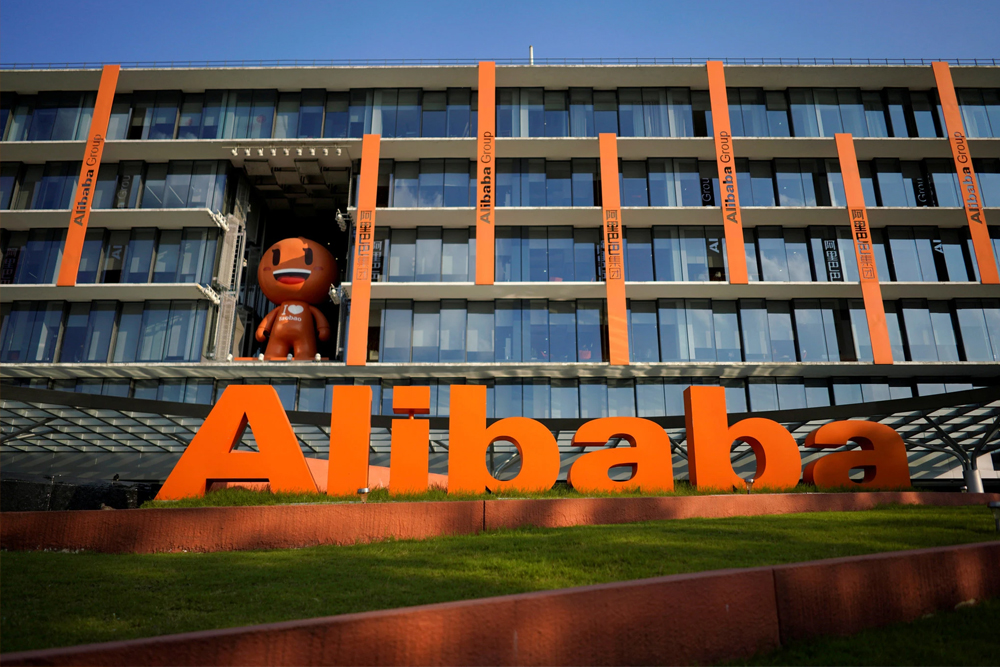The announcement of an antitrust probe on Alibaba dropped on Christmas Eve consequently dropped Alibaba’s stock price by 13%. On a micro-level, the timing of this announcement is curious.
The timing of news is as important as the news itself. There’s no doubt that this announcement is bad for Alibaba in the short-term, but it is also anticipated, and the State Administration for Market Regulations (SAMR) could’ve announced it at any time. SAMR’s timing choice is a rather nice gesture to Alibaba, the biggest Chinese tech company with the most exposure to the US capital market, by picking a light trading day before a major western holiday.
In media and communications, when you want to bury some negative news, you release it on a “take out the trash day”, usually a Friday or before a holiday. SAMR picked arguably the biggest “take out the trash day.”
Zooming out, the often-repeated storyline of Alibaba being scrutinized after his Bund Finance Summit speech fits neatly within the dominant narrative about how the world views China at large. While this narrative certainly contains some truth, it also papers over the complexities within China’s technology, entrepreneurial, and development ecosystem. To the detriment of improving our understanding, this narrative continues to get recycled in the absence of new information or new thinking.
I’ve attempted to analyze Ma’s speech in the broader context of China’s P2P lending market in “Jack Ma, P2P Lending, Responsibility, Legacy”. The most curious and under-analyzed part about the whole suspended Ant IPO saga is why would Ma say what he said the day after Ant priced its public offering.
There is also an obsession with Ma’s wealth and flamboyant personality, so much so that much of the coverage is fixated on how much money he had lost from the suspended IPO and his low public profile since the speech. The truth is there’s much schadenfreude against Ma in China and understandably so; human jealousy of other people is as old as time. It’s not hard to find “sources” willing to share hotcakes and dunk on Ma’s seeming misfortune. But that’s missing the forest for the tree.
China is both one of the oldest civilizations in the world and one of the youngest countries in the world. That youth shows when it comes to regulating a market-driven economy and a technology platform like the Internet; both new to China and both embodied in today’s antitrust.
This youth can cut both ways. The negative is obvious — lack of rule-making experience and legal precedent. The only antitrust precedent of any significance in China is the 3Q Warbetween Tencent and Qihoo360 that started in 2010 and concluded in 2014. Tencent was accused of anti-competitive behaviors against Qihoo’s virus scanning software; Tencent prevailed.
The positive is harder to notice but no less valuable. There is no regulatory debt, thus a more sensible regulatory framework has a better chance of getting created that better matches our time, our technologies, and people’s aspirations. That debt is arguably what’s keeping the US from effectively regulating the new crop of Big Tech by mostly applying a legal framework that was rooted in regulating big oil and steel companies in the 1890s. The consumer welfare framework doesn’t quite work when most of the Big Tech’s products and services are either dirt cheap or completely free.
The “choose one out of two” practice that lies at the core of this antitrust investigation against Alibaba is also about a merchant’sfreedom to choose which platform to sell, not a consumer’s freedom to find the best deals. It’s time for some “fresh” regulatory thinking, perhaps even with some Chinese characteristics. How will a country that still nationalizes most of its strategic industries with state-owned enterprises — definitionally monopolistic — credibly promulgate antitrust policies is even more intriguing.
There’s also a common stereotype that entrepreneurs, as a class of people, automatically dislike all forms of regulations. That’s not necessarily true. Jack Ma literally asked for regulations in his speech (and got it). No rules may be ok, but clear, stable, and sensible rules are better, because innovation requires both openness and constraints. The worst scenario is ambiguity.
As you will see in my commentaries of the following news items, as far as antitrust is concerned, ambiguity is where it is now and trying not to be in the future.
Disclaimer: all translated article titles below are done by me, not official translations from the media outlets.
“The State Administration for Market Regulations opened an investigation into Alibaba Group’s suspected monopolistic behavior in accordance with the law” (Chinese Source: State Administration for Market Regulations)
“Strengthening antitrust regulation is better for development” (Chinese Source: People’s Daily)
“Breaking! Alibaba suspected of monopoly, official investigation filed” (Chinese Source: InfoQ)
“China’s Antitrust Probe Zeroes In on Vendor Claims of Alibaba Pressure” (English Source: Wall Street Journal)
Kevin Xu is the author and founder of Interconnected, a bilingual newsletter on the intersections of tech, business, and geopolitics. Previously, he was the General Manager of Global Strategy and Operations at PingCAP. He studied law and computer science at Stanford, served in the White House and Department of Commerce during the Obama administration.”
